SPOTLIGHT 💡🔦
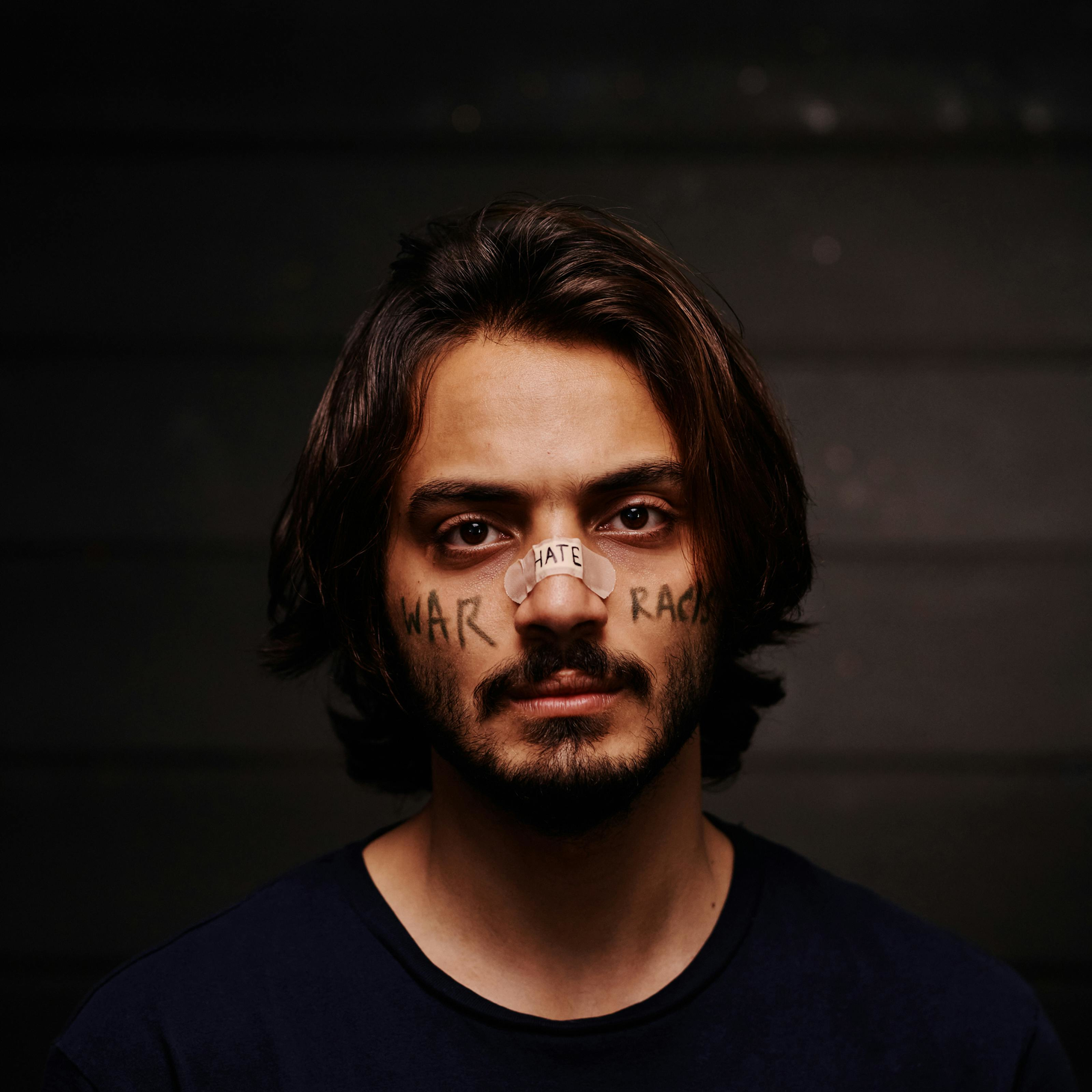
Rising Hate Against South Asians Toronto: South Asian Creatives Speak Out
Source: stock image
I met Deval Soni after watching his play, Gaumukhi (Cow), at the Toronto Fringe Festival. He's a Toronto-based actor, producer, playwright, and content creator who has been in Canada since 2019. When I asked Soni what was top of mind for him, he hesitated at first. I expected him to start with his new play and his recent acting gigs on popular streaming services. Instead, Soni said he believes racism and hate are rising in Canada, especially against South Asians.
A lot of people say that there's no racism or silent racism. I don't agree to the part that there is no racism. I'm pretty sure that there is. I personally have faced so many incidences that I can talk about.
Soni mentioned a specific incident on the Go train that we’ll talk about in a separate interview. Soni has noticed that as Canada’s economy and housing crisis have worsened, more hate has been directed at newcomers and international students, especially South Asians.
I feel that the hate is only going up and up because recently you see how the economic problems are rising in Canada and all of it is being blamed on people who are from the outside.
Soni mentions the contradictions he sees among some Canadians:
I think it's very hypocritical of the people to also be welcoming to immigrants and people from outside and also be hating them at the same time.
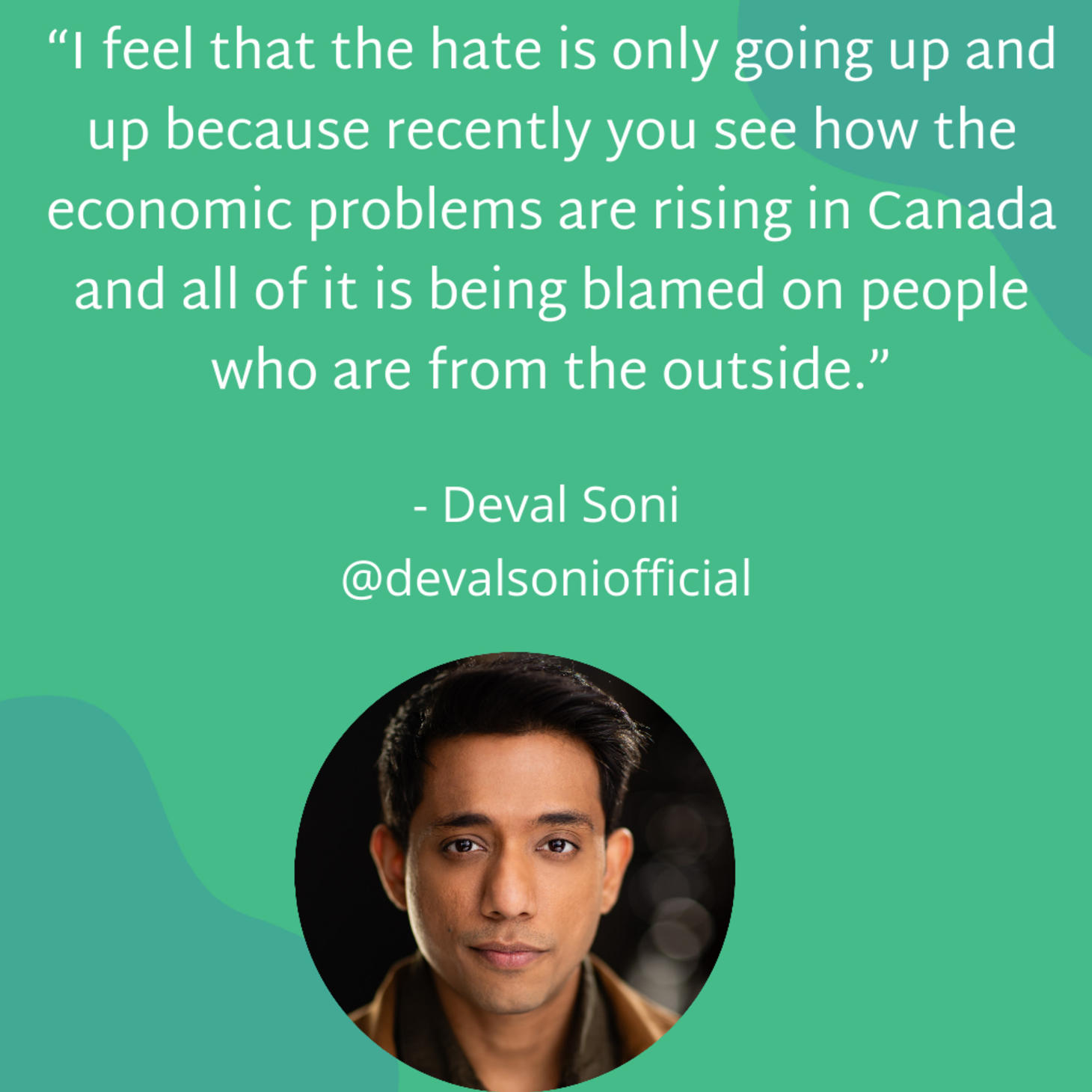
Racism rising in Toronto and across Canada
The data agrees with Soni. A growing number of reports shows a rise in anti-South Asian hate in Canada which tends to be linked to the countries weakening economy and housing challenges.
Statistics Canada reports a more than 200% increase in police-reported hate crimes against South Asians in Canada from 2019 to 2023. South Asians were the third most targeted group, after Black people and Arabs. In Toronto, reported hate incidents rose from 549 in 2020 to 1,277 in 2024.
Evan Balgord, who is the Executive Director of the Canadian Anti-Hate Network says that “police-reported data only captures a tiny and not-representative sample of hate incidents in Canada. We caution people against using it.”
If the 1,277 reported hate crimes in Toronto in 2024 represent only a tiny sample of incidents, it raises questions about the city’s reputation as one of the most multicultural cities in the world and the need to ensure everyone feels truly safe and welcomed.
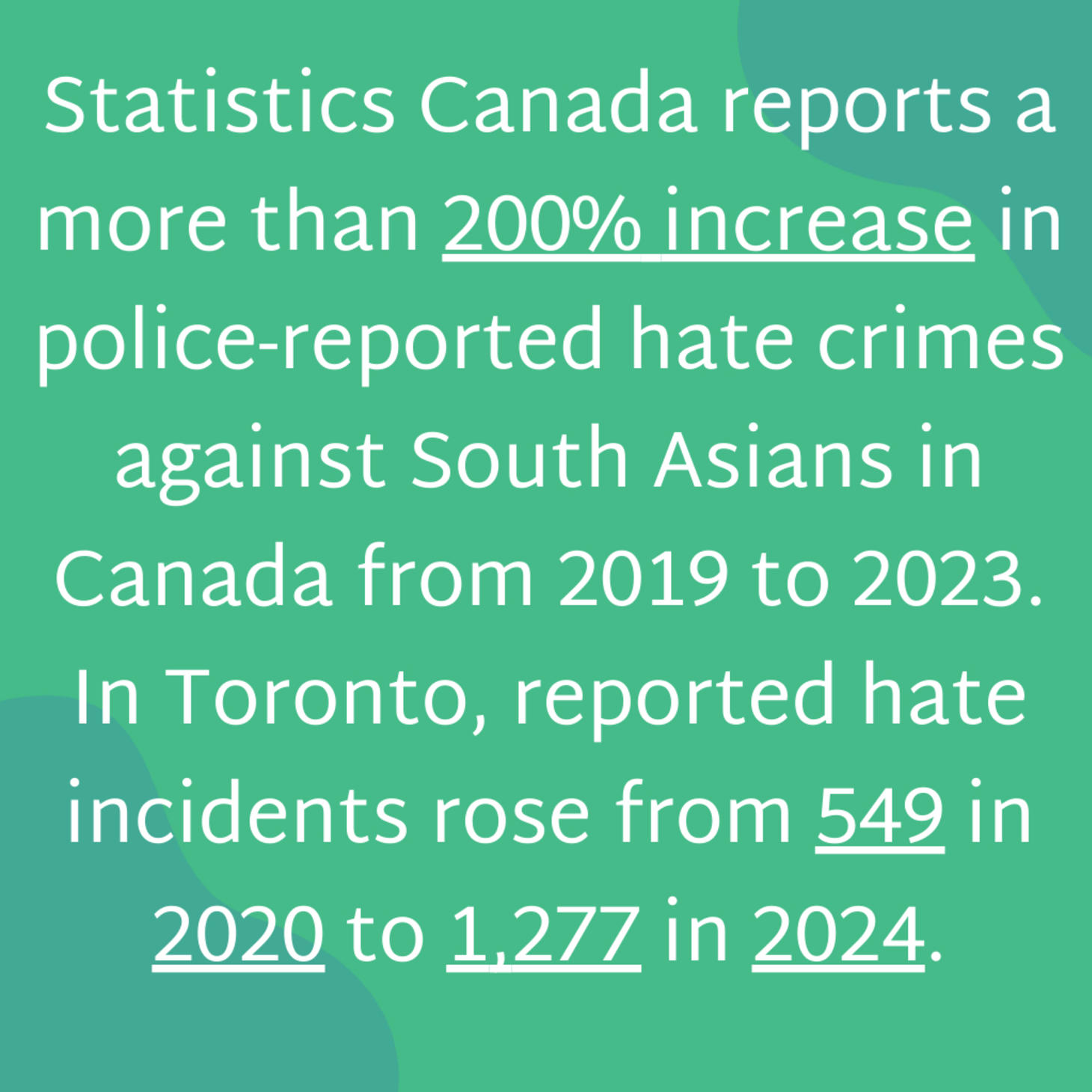
The spike in online hate
The Global Project Against Hate and Extremism notes that online racism against South Asians has skyrocketed in the West, especially in Canada. Slurs on fringe platforms like 4chan directed at South Asians more than doubled between January 2023 and 2024, going from 11,427 to 25,420, representing a 122% increase. Mainstream platforms have also seen a surge in viral content that denigrates South Asians. Many comments by Canadians are based on the ‘Great Replacement’ conspiracy theory. Examples of comments include ‘Stop making Canada India,’ ‘Welcome to CANINDIA,’ and ‘Toronto is not Toronto anymore,’ with repeated calls to ‘send them back.’
Local Asian and South Asian content creators in Toronto are speaking out about this rise in hate they're facing both online and offline. Aashim Aggarwal, @amaara.aashim, shared with Now Toronto that whenever his videos go viral, he gets flooded with hate comments focusing on South Asian racism, even if the content is entirely positive.
A South Asian female Toronto Maple Leafs fan, @nxii.xo, posted on TikTok about the racism she and her family encountered after meeting player Matthew Knies. Similarly, Michael Vain, @michaelvain, discussed the increasing hate against Asians and South Asians in Toronto.
How community support helps victims of hate crimes
Balgord highlights the crucial role of community support in managing hate crimes. According to the ‘From Hate to Hope’ report by BC’s Human Rights Commissioner, engaging with communities or social support systems leads to better emotional and psychological outcomes for victims, compared to only reporting incidents to the police. Balgord says,
People who have been the target of a hate incident have better outcomes -- are less impacted by it later -- who engage with community or social support systems, compared to reporting to the police. People from more established and longstanding communities in Canada, with community supports, who are more confident in English, are more likely to report hate crimes.
COMMUNITY VOICES 🗣️🎤📣
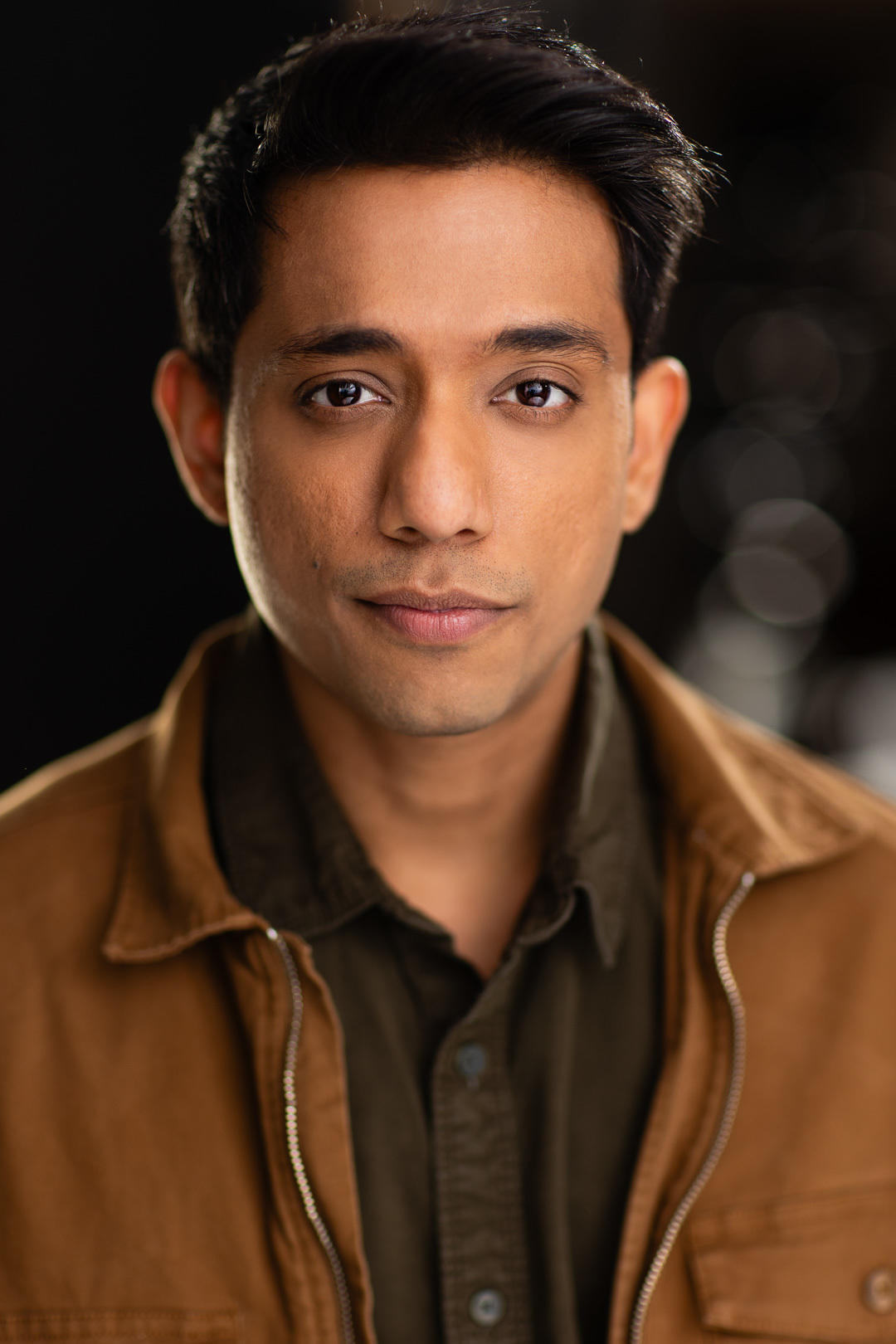
A Journey of Resilience: Deval Soni on His Roles, Racism, and the Creator Immigrant Experience
In a recent interview with Spinning Forward, actor, playwright, and content creator Deval Soni discussed his journey from India to Canada, where he studied theatre arts as an international student at Centennial College. Soni spoke about his role in the Canadian streaming series “Late Bloomer” as well as touring challenges of his new play, “Gaumukhi” (Cow). He reflects on his experiences with racism as a South Asian newcomer, and the resilience required to succeed as a creative in a country that feels less welcoming to immigrants than it once did. Soni’s story is important because it shows how a new generation of immigrant creatives are learning to overcome barriers and find belonging.
How did COVID help you become a content creator and lead to a job?
Deval Soni: The pandemic was a turning point for everyone, especially creators. When I was preparing to return to Canada after the lockdown period, I decided it was time to start something of my own. I picked up my phone, did some research on what kind of content was missing, and launched a YouTube channel creating videos in Gujarati about travel, food, and lifestyle in Canada. There was good appetite from Gujarati audiences since no one was creating content in Gujarati.
Through my online presence, I got a job at Centennial College as a social media content producer. They saw the momentum and they were like, "We have this position opening soon about a content creator for our college... why don't you join us in the team, and you'll get paid for it?"
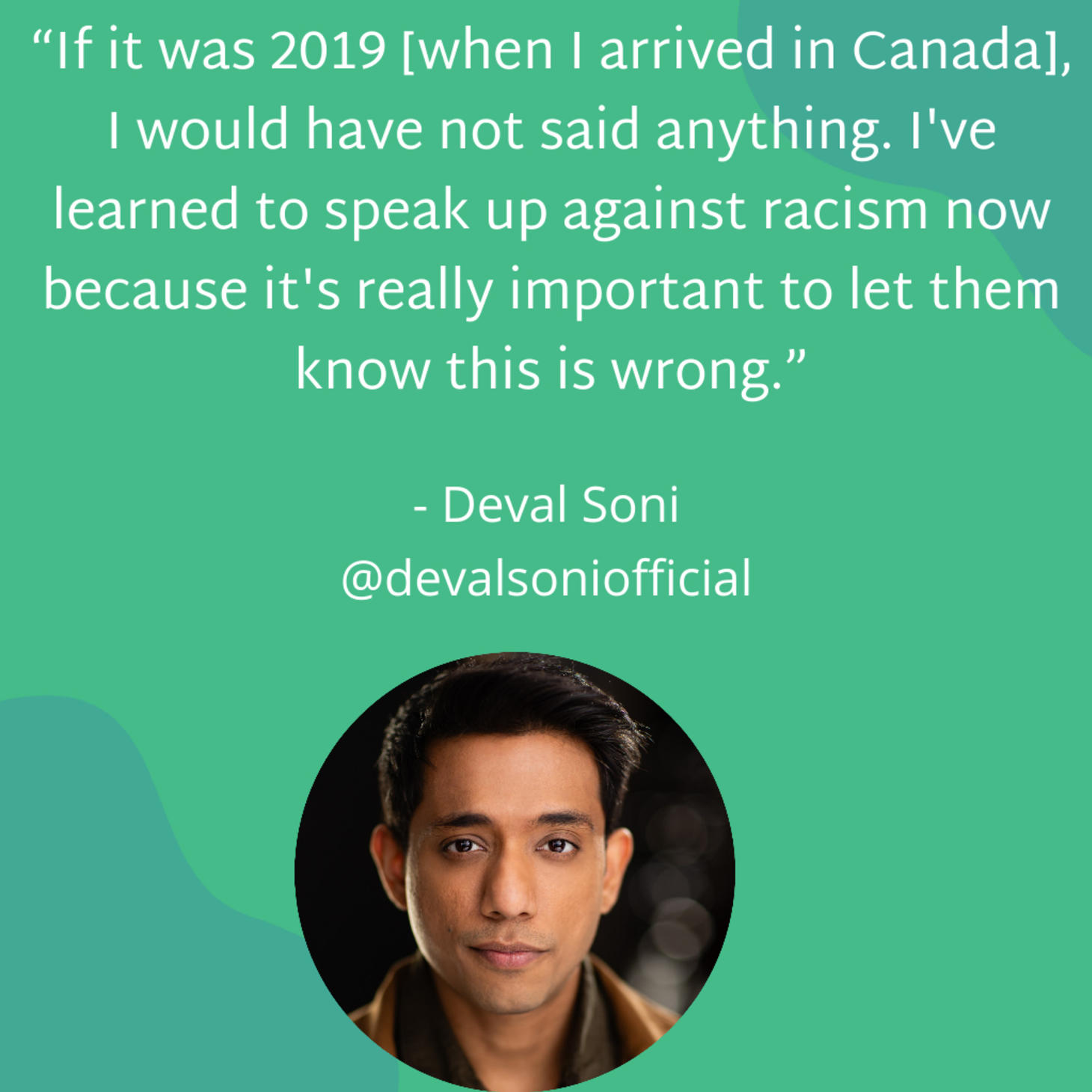
Rising Racism is increasing in Canada
Spinning Forward: You mentioned a racist incident on the GO Train on your way to your play in Hamilton. What happened?
Deval Soni: We were going to Hamilton for one of our shows, me and my playwright co-writer and co-director, Kush Shah. We were just casually chatting in English, Hindi. And this one person on a GO train, who was nicely dressed, stopped, looked at us, and said 'English'. If it was 2019 [when I arrived in Canada], I would have not said anything. I've learned to speak up against racism now because it's really important to let them know this is wrong. I told the guy, "Hey, what's your problem? Do you want me to call the cops?"
Spinning Forward: What was it like acting in Season 2 of "Late Bloomer" on Crave, and why was the role meaningful to you personally?
Deval Soni: Season 2 highlights what's happening in Canada today, especially the housing crisis and challenges immigrants face. Two episodes dive into the lifestyle of a South Asian international student, showing their experiences working as an Uber driver and everyday struggles. Coming through that journey as an international student and facing racism myself, it was a perfect show for me to be in. I'm really proud of it. The show will make you question your assumptions about immigrants.
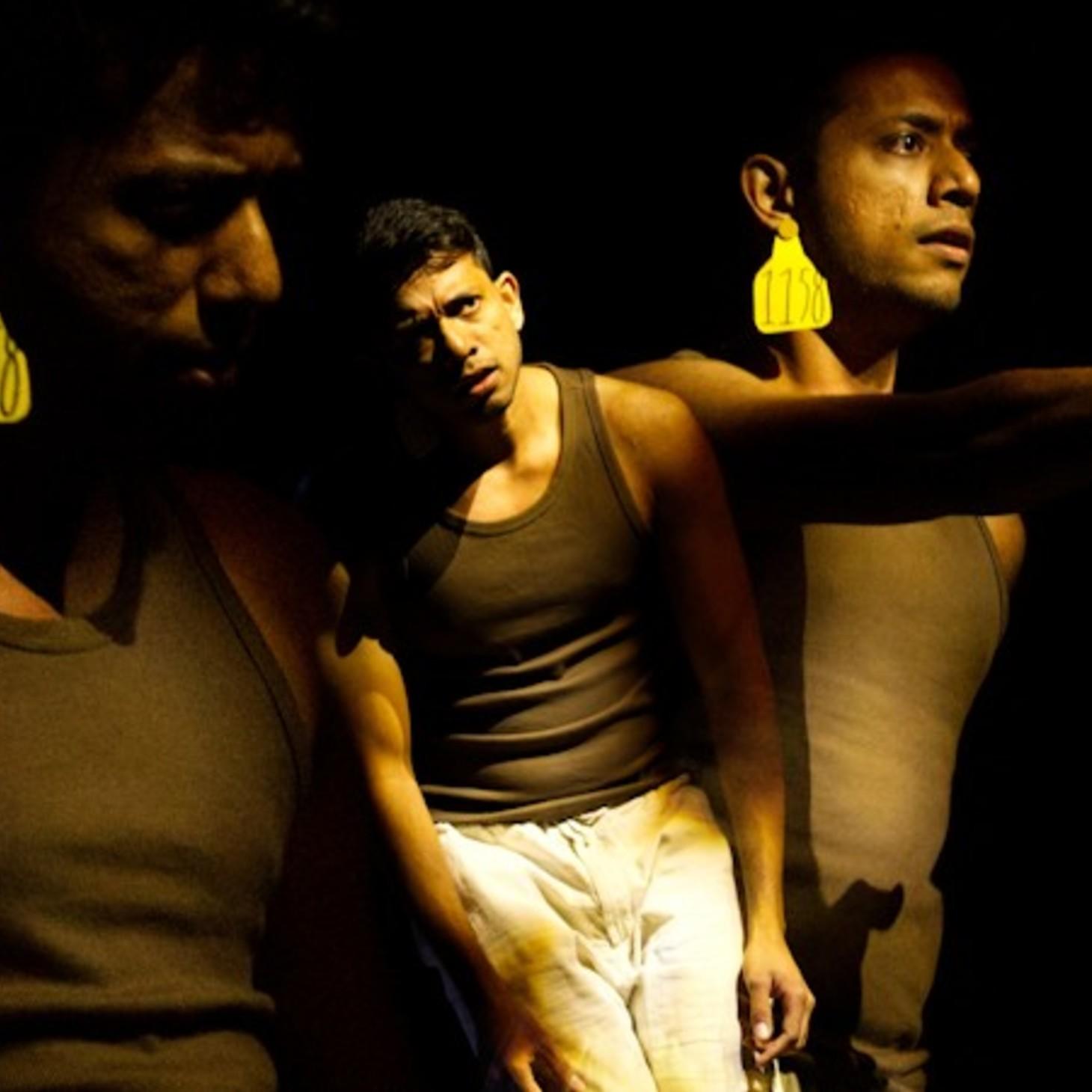
The challenges of touring his play
Source image: From the play, Gaumukhi (Cow)
Spinning Forward: What inspired you to create "Gomukhi" (Cow), and what does the play aim to communicate about social and political issues?
Deval Soni: It's a solo show about a cow set during the 1992 Bombay riots. India has tensions between Hindu and Muslim communities that political parties sometimes exploit, leading to violence. The story follows this period from a cow's perspective—since cows are religious symbols in Hinduism, how does the cow navigate these events? It's a coming of age story for a cow.
Spinning Forward: You’ve brought this show to Toronto, Hamilton, and Mississauga—how did the audiences differ, and what specific challenges did you face in Hamilton?
Deval Soni: The Toronto Fringe feels the most indie and diverse—you get all kinds of work, and as more newcomers arrive, the range of art keeps growing, which is great. Hamilton Fringe was tougher. Our audience there seemed thrown off; they didn’t expect a show that would be this uncomfortable or lean into political satire. A big challenge was context—many folks didn’t have much background on the communal tensions and what the country is dealing with, so meeting the piece where it lives was harder. As a theater maker, I don’t want to spoon‑feed or turn the work into a watered‑down, colonized version just to fit expectations. I’d rather invite audiences to experience what we’ve made and meet halfway—yes, I’ll offer some guidance, but I’ll protect the authenticity of the piece.
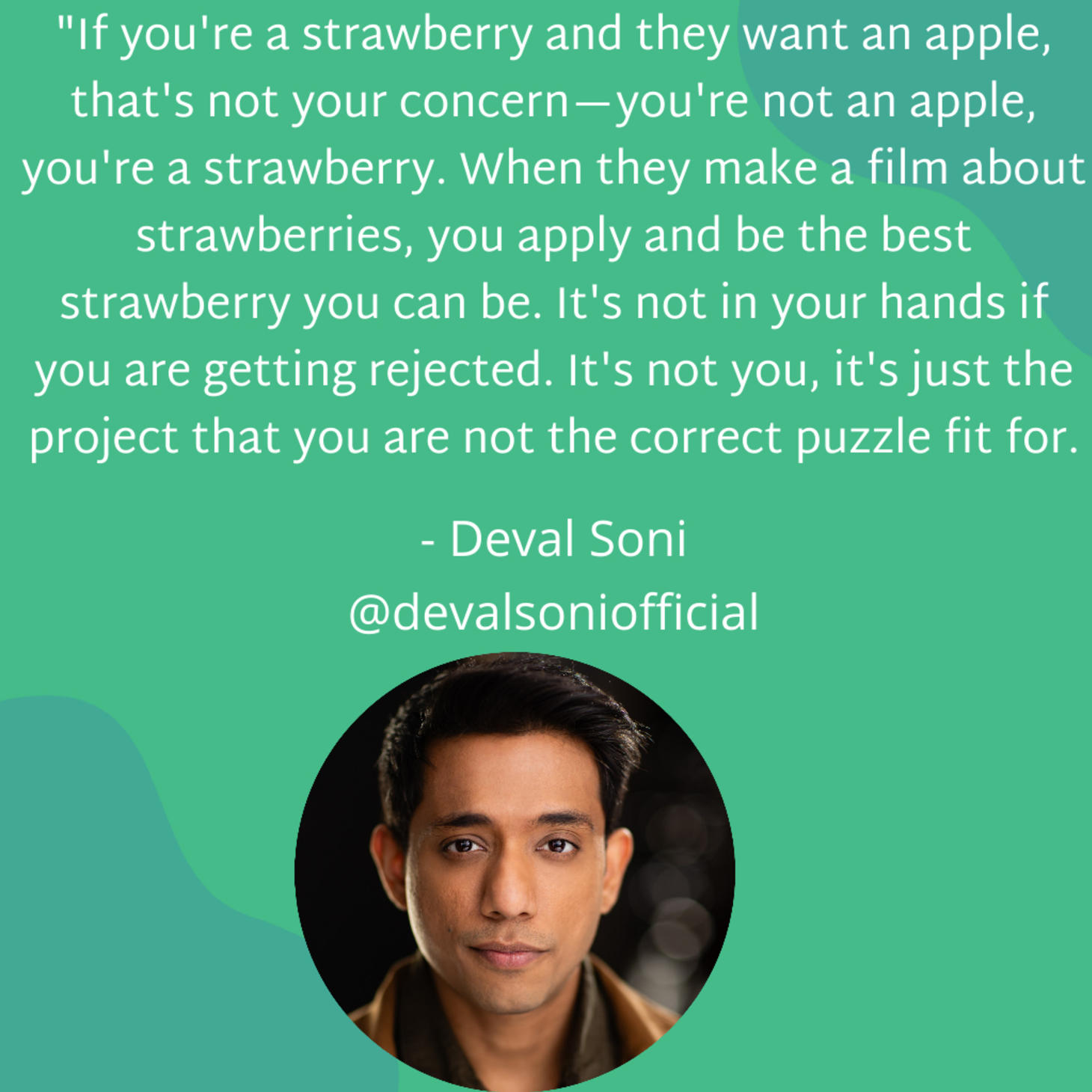
Spinning Forward: What advice would you give to creatives who are just starting out in the Canadian arts industry?
Deval Soni: If someone is just starting out, my advice would be breathe in and understand the industry. I have this strawberry and apple theory: if they're making a story about strawberries, they'll look for strawberries; if about apples, they'll look for apples. If you're a strawberry and they want an apple, that's not your concern—you're not an apple, you're a strawberry. When they make a film about strawberries, you apply and be the best strawberry you can be. It's not in your hands if you are getting rejected. It's not you, it's just the project that you are not the correct puzzle fit for.
You should also create your own work because it helps you showcase your skills without relying on others to give you opportunities. You have to have that business mindset and be a product that can be hired.
WE ❤️ FEEDBACK 📋
What'd you think of today's issue? 👂
💫 You need to take it up a notch
Spinning Forward is an award-winning, trusted, local, independent media company that informs, engages, and uplifts aspiring content creators of color aged 16 to 34 in the Toronto region. Flavian DeLima (LinkedIn), the founder and publisher, launched Spinning Forward to help level the playing field in the online economy for creators of color.
CONTRIBUTORS
John Tse, Sofia Dela Roca, Natasha Jogezai
If you like this issue, please share it with a few friends. To view all past issues on the Web, go here
If you want to be featured, have a comment or want to suggest a topic or creator, reply to this email or click here or the "Suggest a link" at the bottom of any issue.
For questions, comments or sponsorships, reply to this email or email info at spinningforward dot com.

COMMENT 💬
Greetings,
Today is National Day for Truth and Reconciliation and Orange Shirt Day. Canadians wear orange to honor children who never returned from residential schools, survivors, their families, and communities, and to acknowledge ongoing impacts. “Every Child Matters.” Learn more on the Government of Canada website here.
Some local events marking the National Day for Truth and Reconciliation in the Greater Toronto Area are below:
-7th Annual Indigenous Legacy Gathering continues this afternoon at Nathan Phillips Square with performances, workshops, and the Indigenous marketplace until 9 p.m. For event City of Toronto and Council Fire
-The Toronto and Region Conservation Authority’s commemoration runs 4–7 p.m. at Heart Lake Conservation Park in Brampton. More information here.
-Blake Street Junior Public School’s Truth and Reconciliation fire ceremony starts at 6 p.m. at Kempton Howard Park. More info here.
We will cover new films that screened at TIFF by some of Canada’s most acclaimed Indigenous filmmakers in the next issue.
In this issue, Deval Soni—Toronto-based actor, producer, playwright, and content creator—talks about his journey since arriving in Canada, including the rising racism faced by newcomer South Asians.
Reading Time: 6-8 minutes
Flavian DeLima
Publisher & Editor, Spinning Forward